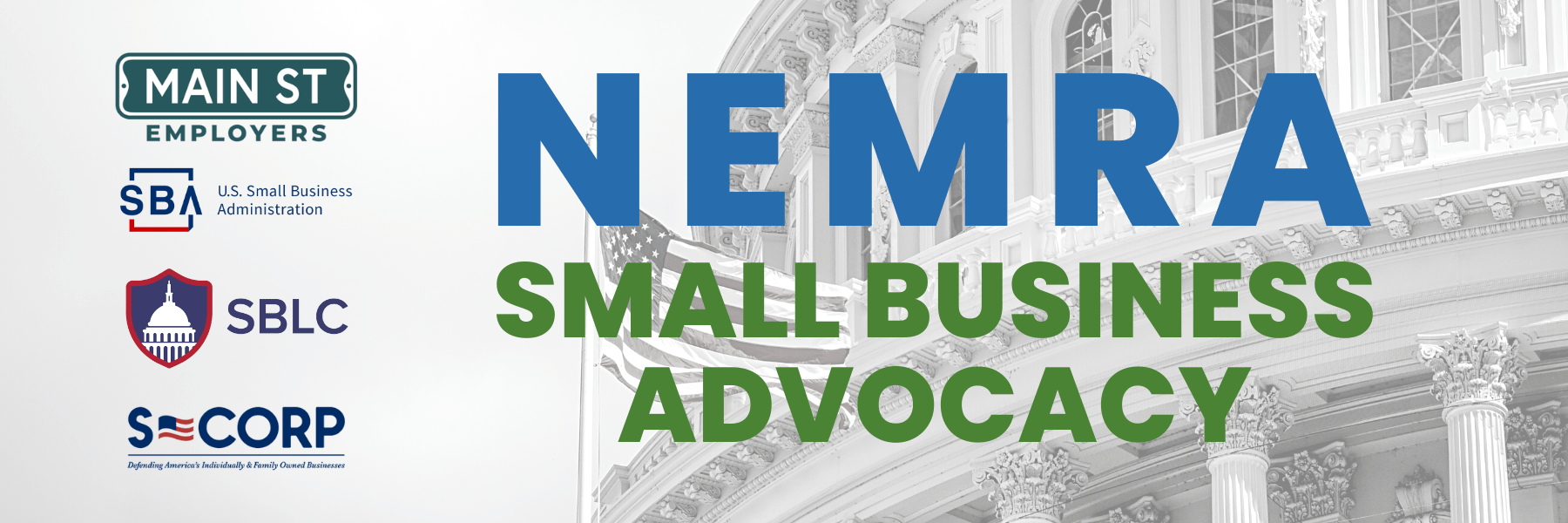Abstract
ICYMI Congressman Nunn recently introduced H.R. 9278, bipartisan legislation that delays that Corporate Transparency Act’s year-end filing deadline by one year.
Letter
The undersigned organizations, representing millions of small businesses, write in strong support of H.R. 9278, legislation which would delay the Corporate Transparency Act’s (CTA) year-end compliance deadline. This bill provides a commonsense, bipartisan solution to an impending regulatory disaster which, left unaddressed, will threaten countless small business owners and employees with steep fines and even jail time.
The CTA mandates that companies disclose and regularly update detailed beneficial ownership information to the Financial Crimes Enforcement Network (FinCEN). It subjects covered entities and their “beneficial owners” to vague and complex reporting requirements while putting their sensitive personal information at risk. Failure to comply can result in fines of over $590 per day, as well as felony charges and up to two years imprisonment.
The CTA is unique in that it explicitly targets the very companies least equipped to shoulder its regulatory burdens. Among its various exemptions, the statute includes a carve out for entities whose revenue exceeds $5 million and which employ more than 20 full-time employees. Companies not meeting those thresholds – essentially every small business currently operating in America today – must comply. FinCEN estimates that more than 32 million such entities will be affected by the new law just this year, with an additional 6 million each subsequent year as new businesses are formed.
Although filing under the CTA began at the start of this year, FinCEN reports it has received just 10 percent of required submissions. This compliance rate can be attributed directly to the general lack of awareness among the small business community when it comes to the new rules. Given this massive education gap, it is clear additional time is needed for regulators and other stakeholders to continue their outreach to affected small businesses.
Recent activity in the courts have only added to the confusion. Earlier this year, the District Court for the Northern District of Alabama found the CTA exceeded the Constitution’s enumerated powers and is unconstitutional. That case was appealed and will be heard by an appellate court next month. In the meantime, however, FinCEN continues to enforce the CTA against small businesses not named in the lawsuit. This effectively creates two classes of small businesses – the roughly 60,000 who are exempt and the tens of millions who must still comply.
A delay of the year-end filing deadline is also in line with Congressional intent. In enacting the CTA, lawmakers explicitly called for a reporting deadline of “not later than 2 years after the effective date of the regulations” for existing entities. This timeframe was designed to give affected entities sufficient time to learn of, understand and comply with the new reporting regime, while minimizing the burdens on reporting companies. Acting unilaterally, FinCEN instead promulgated a one-year deadline, an unrealistically short window with which to educate America’s small business community.
The one-year delay proposed by Congressman Zach Nunn addresses these challenges, has bipartisan support, and is in keeping with legislation (H.R. 5119) which passed the House in a near-unanimous vote just last year. We therefore urge you to bring H.R. 9278 to the House floor for a vote and are eager to work with you to see this critical measure enacted.



